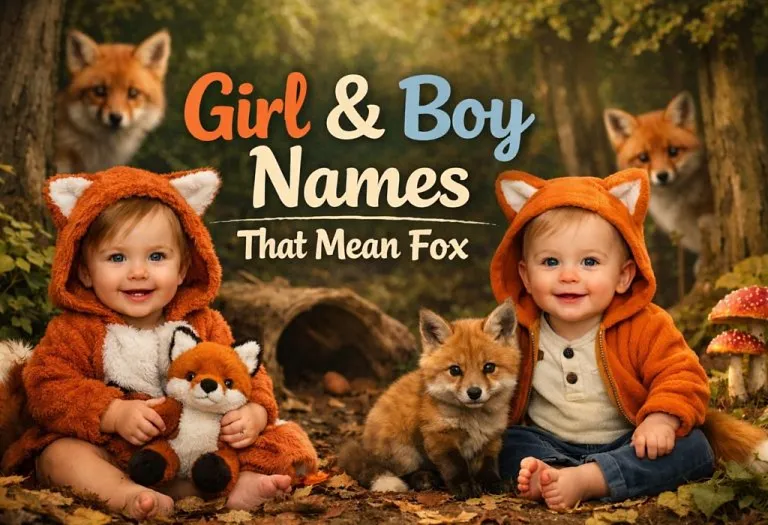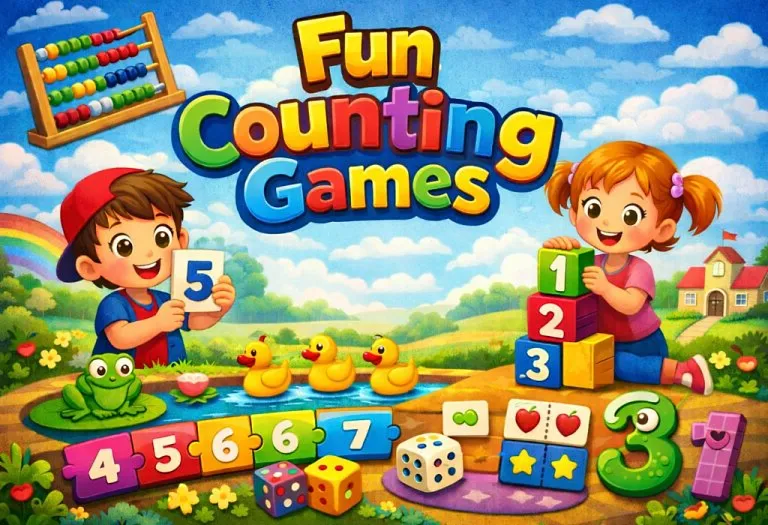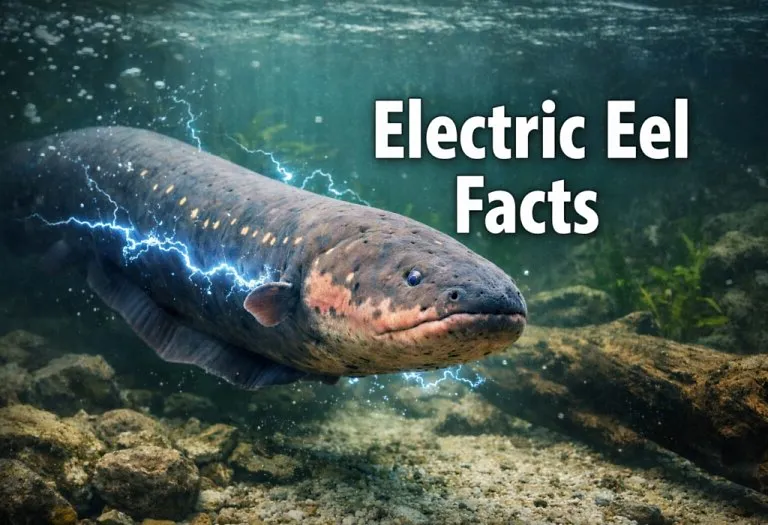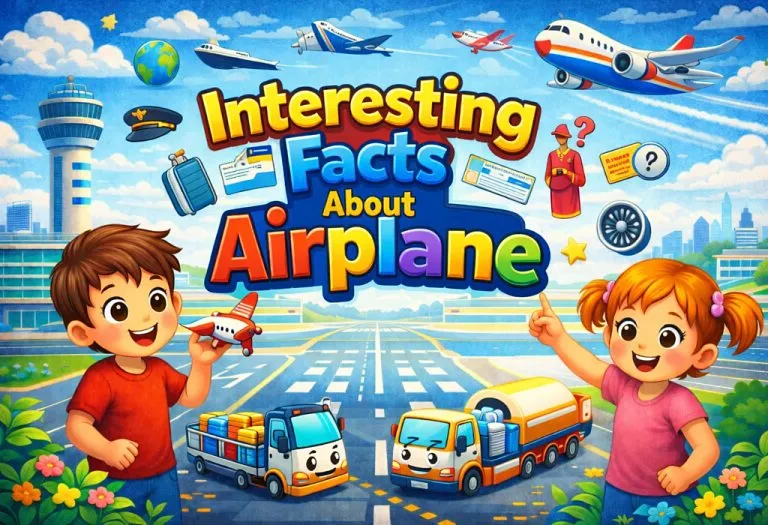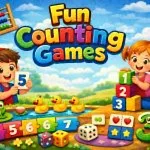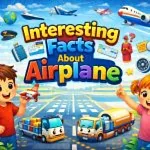2 Year (24 Months) Old’s Vocabulary Word List
Learn about the type and the number of vocabulary words for toddlers and see for yourself if your child is on the right track. Learning the art of communication will open new doors of learning for him. Find out how you can help.
From changing nappies to holding your baby when he’s sick to holding his hand to help him walk, the whole journey in the first two years of his existence has been incredible. At two years, most toddlers are babbling words and will soon start to talk in broken sentences. This will mark their transition from being dependent tots to slowly moving to being independent and confident. Read on to learn more about a 2-year-old’s vocabulary word list.
Vocabulary Development in Toddlers: What You Should Know?
1. Ways to Encourage Your 2-year-old
- Always have two-way communication, being watchful of both verbal and non-verbal communication so that your child knows that you understand what he’s saying.
- Always talk in the first person and in the way you normally talk at home. Do not have separate baby communication for your toddler.
- Do not correct the grammar of your child, at least initially. Rather, just speak the grammatically correct sentence. Chances are, your toddler will repeat that and remember it.
- Be patient and never interrupt your child when he’s learning to make sentences. Remember, we all learned this way! Trial and error is what he needs to undergo before he perfects speaking.
- Read stories and tell him about meaningful things around him on a daily basis to improve his imagination and communication skills.
2. How Much Should a 2-year-old Be Talking?
So, how many words should a 2-year-old know? Learning new words is a continuous process and a typical 2-year-old should know about 50-70 words. He may be only speaking single words at two years but over the course of the year, vocabulary development speeds up and he’ll start using two- or three-word sentences like ‘Want milk’, ‘Sleep bed’ and ‘Give ball’. If your child is using less than 20 words by the age of 2 years, consider getting him tested for hearing problems.
3. Average Vocabulary of a 2-year-old
The average vocabulary of a child keeps growing. By the third year, he starts using pronouns like ‘I’, ‘we’ and ‘you’ in addition to knowing about 50 words. He’ll soon start saying simple sentences to express his needs and wants like ‘I want mommy’, ‘We are going’ and ‘I want my cup’. The more you speak with him, the quicker he’ll be able to pick up words and string sentences together.
4. Common Words Your 2-year-old Should Know
Assuming that the medium of communication at home is English, a toddler’s vocabulary commonly consists of these 25 words:
- Mommy
- Daddy
- Baby
- Hello
- Bye-bye
- Dog
- Cat
- Ball
- Nose
- Eye
- Milk
- Juice
- Banana
- Cookie
- Yes
- No
- Book
- More
- All gone
- Car
- Hot
- Thank you
- Bath
- Shoe
- Hat
FAQs
1. Is It Normal for a 2-year-old Not to Talk?
It’s not uncommon for a 2-year-old not to talk extensively. Speech development varies among children, and many start speaking around this age. However, if there are concerns about language development, it’s advisable to consult a pediatrician or speech therapist for an evaluation.
2. What Age Should a Child Start Talking Clearly?
Children typically start speaking clearly around 3 to 4 years old. Clear speech development can vary widely, and some children may need more time to develop clear pronunciation and articulation skills. If there are concerns, consulting a speech therapist can be helpful.
The mantra is to be patient and love each moment of the process, just like how you’ve been appreciating the first two years of his life. Your 24-month-old toddler’s vocabulary list will soon expand under your guidance.
References/Resources:
1. Language Delays in Toddlers: Information for Parents; American Academy of Pediatrics; https://www.healthychildren.org/English/ages-stages/toddler/Pages/language-delay.aspx
2. Rescorla. L, Alley. A, Christine. J. B.; Word frequencies in toddlers’ lexicons; Journal of Speech, Language and Hearing Research; https://pubmed.ncbi.nlm.nih.gov/11407565/; June 2001
3. Preston. J, Frost. S, Mencl. W, Fulbright. R, et al.; Early and late talkers: school-age language, literacy and neurolinguistic differences; National Library of Medicine; https://www.ncbi.nlm.nih.gov/pmc/articles/PMC3139938/; July 2010
4. Kushlev. K, Dunn. E; Smartphones distract parents from cultivating feelings of connection when spending time with their children; Journal of Social and Personal Relationships; https://journals.sagepub.com/doi/pdf/10.1177/0265407518769387
5. Ramírez. N, Lytle. S, Kuhl. P; Parent coaching increases conversational turns and advances infant language development; Psychological and Cognitive Sciences; https://www.pnas.org/doi/full/10.1073/pnas.1921653117; February 2020
6. Daniel. B; Parent distraction with phones, reasons for use, and impacts on parenting and child outcomes: A review of the emerging research; Human Behaviour and Emerging Technologies; https://onlinelibrary.wiley.com/doi/epdf/10.1002/hbe2.139; March 2019
7. Yıldırım. B; Language Development in Children; Research Gate; https://www.researchgate.net/publication/350950402_Language_Development_in_Children; May 2020
8. Newman. R, Rowe. M, Ratner. N; Journal of Child Language: Input and uptake at 7 months predicts toddler vocabulary: the role of child-directed speech and infant processing skills in language development; Cambridge University; https://www.cambridge.org/core/journals/journal-of-child-language/article/input-and-uptake-at-7-months-predicts-toddler-vocabulary-the-role-of-childdirected-speech-and-infant-processing-skills-in-language-development/10B3EE0531F60826E6315380E02B222E; August 2015
Also Read:
How Toddlers Learn Words?
Action Words To Teach Your Toddler
Tips To Teach Your Toddler New Words
Was This Article Helpful?
Parenting is a huge responsibility, for you as a caregiver, but also for us as a parenting content platform. We understand that and take our responsibility of creating credible content seriously. FirstCry Parenting articles are written and published only after extensive research using factually sound references to deliver quality content that is accurate, validated by experts, and completely reliable. To understand how we go about creating content that is credible, read our editorial policy here.





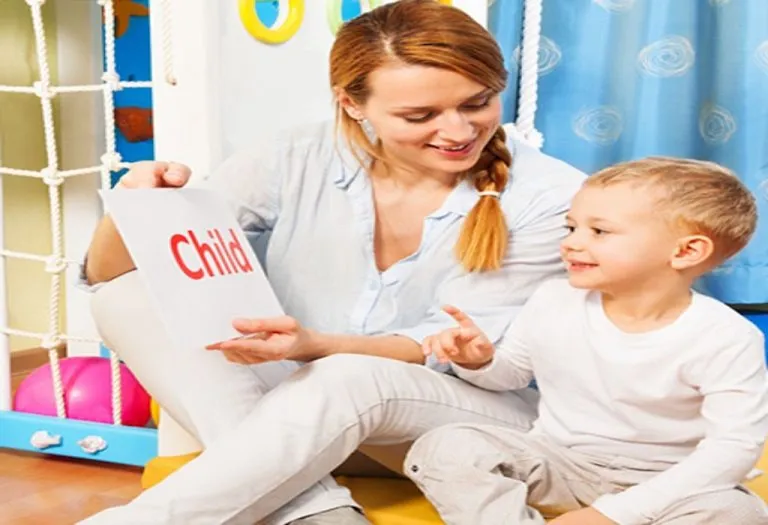
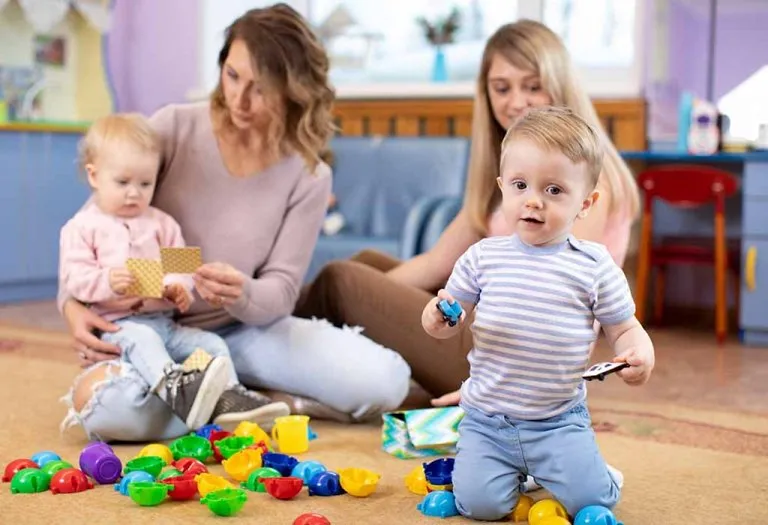
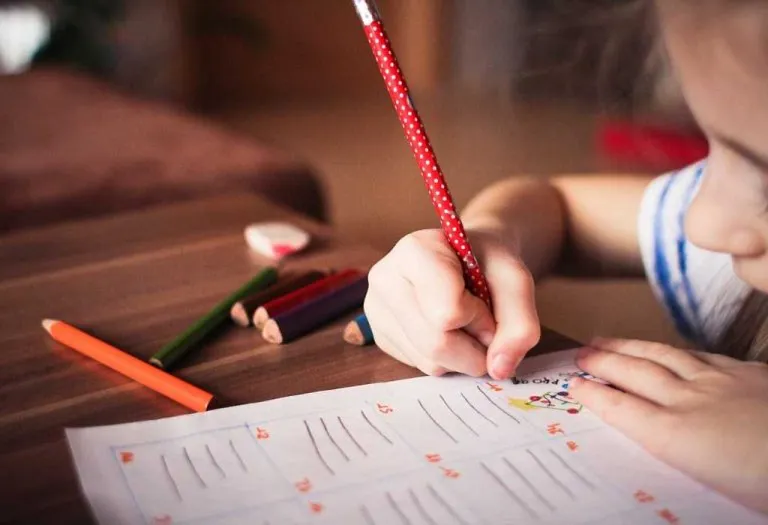


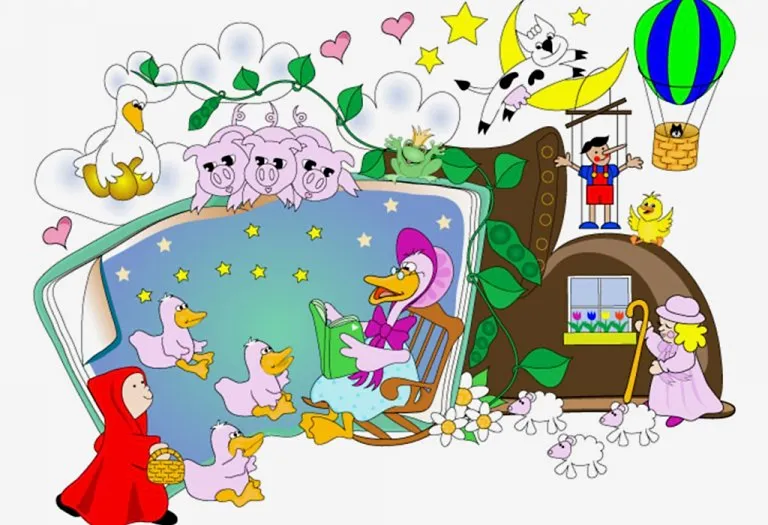
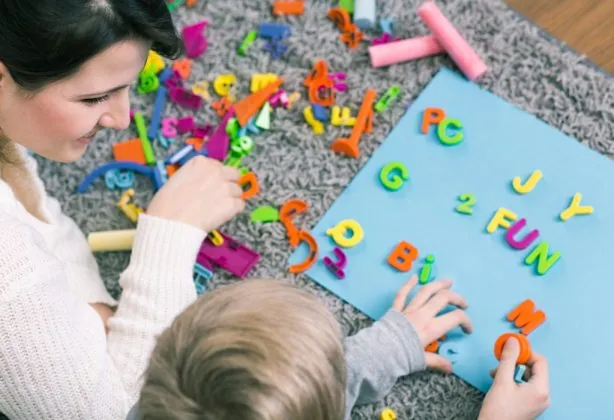

.svg)






